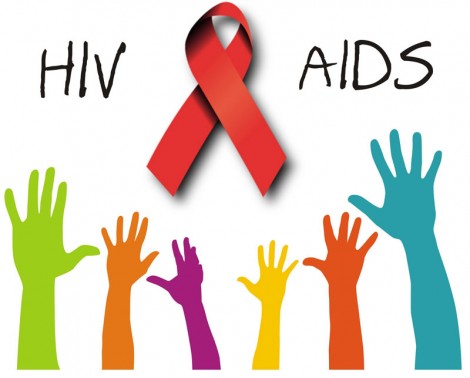What are Australia’s rules regarding immigration for people living with HIV?
Australian visas can be subject to a requirement which commits applicants to demonstrate that they meet certain health criteria. An immigration health check by the Department of Immigration & Border Protection can and often does include a HIV test.
The Department of Immigration & Border Protection engages the services of a medical officer to provide an opinion as to whether an affected applicant’s condition would likely result in significant healthcare and community service costs if a visa were to be granted. The current policy threshold for the level of costs regarded as being significant is $40,000.
For temporary visa applicants, the estimated cost for their proposed stay in Australia is assessed over the period that the visa is intended to be granted for. For permanent visa applicants, the time period for estimating costs is generally assessed over a five year period – but can be longer.
Because of that threshold and the relatively high costs of the Highly Active Anti-Retroviral Therapy program, it is often the case (depending on the nature of the applicant’s viral load and condition), that a HIV affected person is unable to satisfy the relevant health criterion.
Generally speaking and despite the foregoing, HIV positive applicants who are not on treatment and not anticipated to be for the duration of any visa, can receive lower costings or even meet the health criteria for shorter term visas. Because of this, care needs to be taken in terms of what period of stay is proposed in any temporary visa application.
Is it possible to live permanently in Australia if the non-citizen is HIV positive?
The answer to this is maybe. This depends on what type of visa the person has applied for and in certain circumstances the health criterion which can capture HIV positive applicants can be waived. To this end, health waivers can be obtained for a range of family, skilled and other visa types but it is not universally available. A health waiver can be accessed by demonstrating that certain circumstances exist which warrant a waiver of the relevant health criterion in the first instance.
What factors are considered for a health waiver?
The circumstances that the DIBP will take into consideration in terms of determining whether a health waiver should be granted, generally include:
1. The impact on any Australian citizen children and the extent of any family ties;
2. The effect on an applicant’s health if forced to relocate;
3. The benefits the affected applicant and/or their family members can bring to the Australian community and the economy more generally by allowing the waiver;
4. The applicant and/or any sponsor’s ability to offset the potential costs of treatment; and, amongst other things
5. Any other relevant factors.
If a non-citizen is HIV positive can they get a partner visa, for example?
The answer to this is yes potentially they can. Partner visas are one of the visas that do have a health waiver embedded within them, however this is by no means a guaranteed proposition that an affected non-citizen will succeed with it.
An affected non-citizen applicant for a visa which has a health waiver provision needs to explore as a matter of first principles whether there is scope for them to argue based on the foregoing circumstances, entitlement to such a waiver.
What practical considerations should be looked at if a non-citizen is HIV positive and seeking a visa?
For any visa applicant, careful consideration needs to be applied towards whether the person can meet the legislative requirements to even be able to make an application, as well as to be granted the visa. This is no different but perhaps is even more amplified, for those who are HIV positive.
Making a visa application for a HIV positive person will often require careful strategic considerations in terms of identifying an appropriate visa option which has a health waiver provision. Once this is identified, and in conjunction with any treating providers, one of the first things to do is to establish the full extent of the condition in terms of matters such as the current CD4+ cell count, what treatment algorithm is being pursued as well as whether there are co-infection issues amongst a whole range of other things.
Once and in conjunction with establishing the health landscape, detailed preparation and evidence gathering needs to be applied towards the chosen pathway such that despite the diagnosis, the affected applicant has optimum prospects towards being able to enter or remain in Australia.

Originally published by Same Same.

